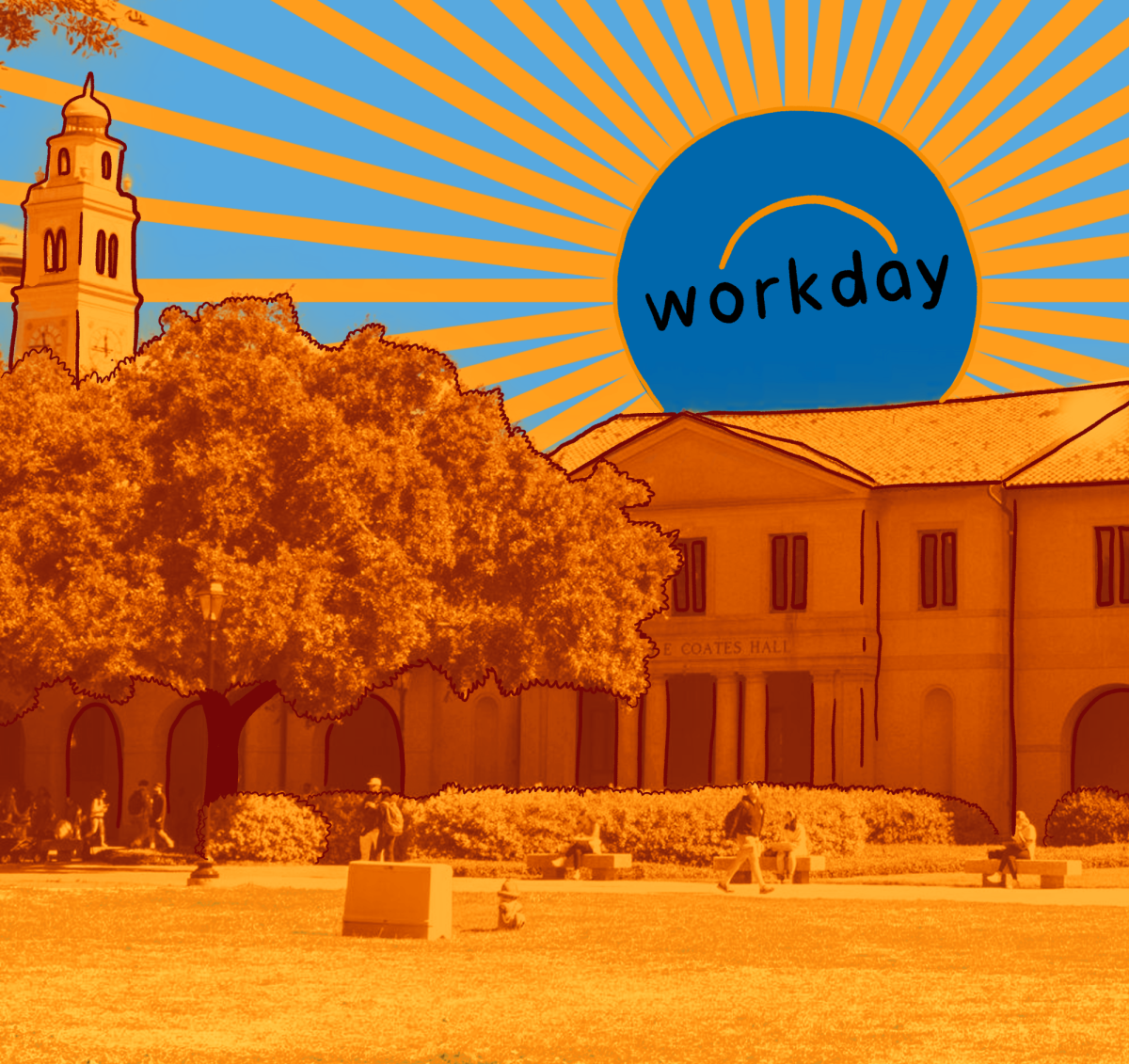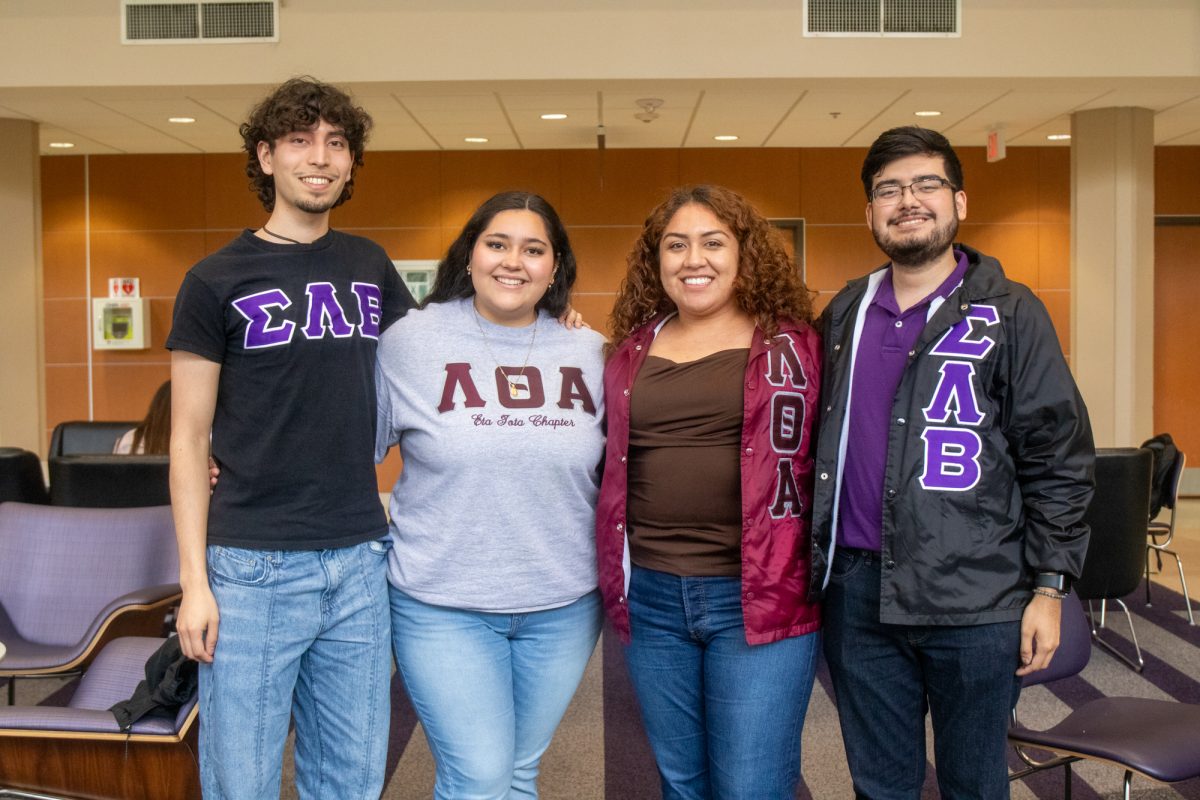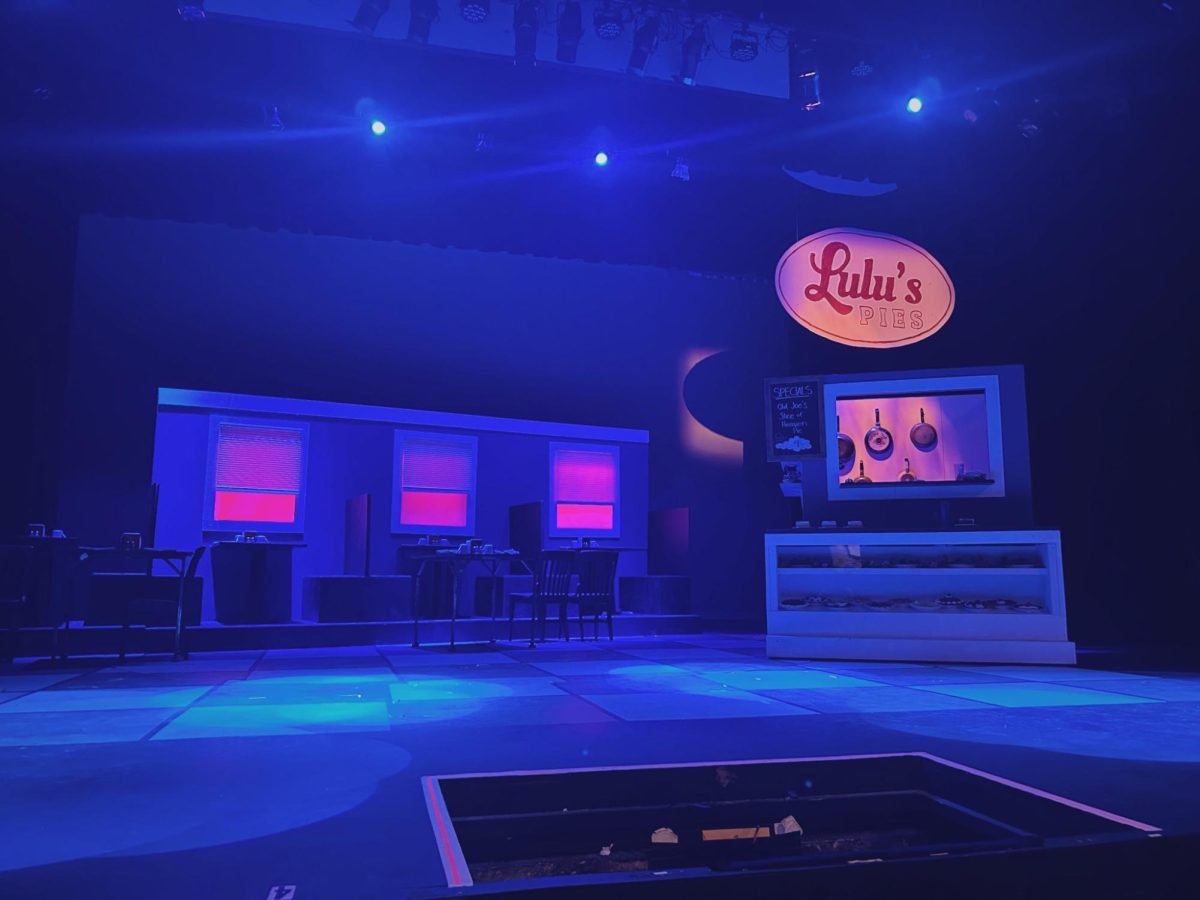The summer-long oil disaster, coupled with memories of Hurricane Katrina on its fifth anniversary, left Louisianans emotionally drained, impacting the state’s morale and psyche.
But with the New Orleans Saints defending a Super Bowl title and the LSU Tigers kicking off the season Saturday, University athletes, professors and administrators are confident in the power of athletics, particularly football, to help pull the state through an emotionally rough patch.
“The oil spill is having a really insidious effect on the state and on South Louisiana,” said Cecile Guin, director of the Office of Social Service and Research Development in the School of Social Work. “When you have that kind of tension in a community and you can have a [successful] Saints or LSU [season] … it can change how people wake up and see the day.”
Lamin Barrow, a redshirt freshman linebacker from Marrero, said seeing LSU play after Hurricane Katrina when he was a displaced high school freshman helped motivate him to “step back on the field.”
“You can kind of take everybody’s minds off things for a minute and give people a thing to look forward to,” Barrow said.
Chancellor Michael Martin said football has an impact on the state’s morale, and winning not only brings national visibility and generates money but also brings excitement across the state.
Barrow’s teammate, Joseph Barksdale, an offensive tackle from Detroit, compared this season’s importance for Louisiana to when the Detroit Pistons won the 2004 NBA Finals.
“It was like the city was back again [from economic hardships],” Barksdale said. “It’s definitely big for the state and surrounding community to have a good team to watch … We play for Louisiana as well as for ourselves.”
James Honeycutt, communication studies professor, and Shawn Keaton, a doctoral student specializing in sports identity and communication, said athletics can affect how people deal with everyday life.
“Both the Saints and LSU will help people deal with this oil disaster,” Honeycutt said. “If LSU beats North Carolina [on Saturday], you’ll see more people on campus wearing LSU paraphernalia on Monday and Tuesday.”
Keaton said people use athletics as part of their identities, and certain factors induce emotional responses from fans.
“There is a very strong sense of identity here [at LSU] that isn’t really felt elsewhere,” Keaton said. “[LSU] is a cultural symbol for the state and for the region.”
Keaton cited New York sports teams helping that city move forward after the Sept. 11 terrorist attacks and said the 1980 Olympic hockey match, when the U.S. beat the Soviet Union during the Cold War, gave Americans hope during a difficult time.
Herb Vincent, associate vice chancellor for University Relations and senior associate athletic director, said the Athletic Department “plans to recognize the oil spill situation during the Mississippi State game,” but plans aren’t finalized.
Vincent said the department will not raise funds during football games for oil spill recovery efforts, nor will TV advertisements for the University during games feature the school’s involvement with spill response.
LSU football coach Les Miles visited Pelican and Scofield Islands in early June with Gov. Bobby Jindal and Plaquemines Parish President Billy Nungesser.
“The community largely believes athletics has a responsibility to give back to the community,” Keaton said of Miles’ trip. “[Such efforts] show the symbolism of ‘one for all and all for one,’ [and] says LSU is one of the ‘us’ in the coastal parishes.”
Miles saw oil damage firsthand, toured a bird rescue center and talked with local residents and workers.
“We take very serious the community service aspect of being an LSU football player,” said Michael Bonnette, LSU sports information director. “Coach Miles knows he’s more to Louisiana than just a coach, and he went down there to show that … LSU football appreciates those guys.”
Charles D’Agostino, executive director of the Louisiana Business and Technology Center, has studied how sports affect economic development and quality of life. He said winning games in football, baseball and basketball “have a major impact on the psyche of the fans and the community.”
“Athletics certainly does give a forum to speak out publicly about the recovery,” D’Agostino said. “Sports can be an attention getter, and you can zing this message in there.”
D’Agostino emphasized the economic importance of LSU football not just in Baton Rouge but also across the state where restaurants make money during games and wins spur additional spending.
Athletic events “bring normality back” to the shattered lives of people in Louisiana, which “can be a scary place to live right now,” Guin said. She worries about the “significant, long-term impacts” of the spill on Louisianans’ mental health.
“A losing season would just be another depressant,” Guin said. “People pin a lot of their hopes and dreams on how the team does.”
Bonnette said LSU can help bind north and south Louisiana, something he witnessed after Katrina, because there is a “true love for LSU that covers every parish in Louisiana.”
“This football season, if we finish better than the fourth-in-the-West projection and make a major bowl, the people of coastal Louisiana will forget for a minute about the spill to scream and holler on Saturday night,” D’Agostino said.
—-
Contact Nick Persac at npersac@lsureveille.com
Louisiana needs wins from Tigers, Saints after rough summer
September 3, 2010









